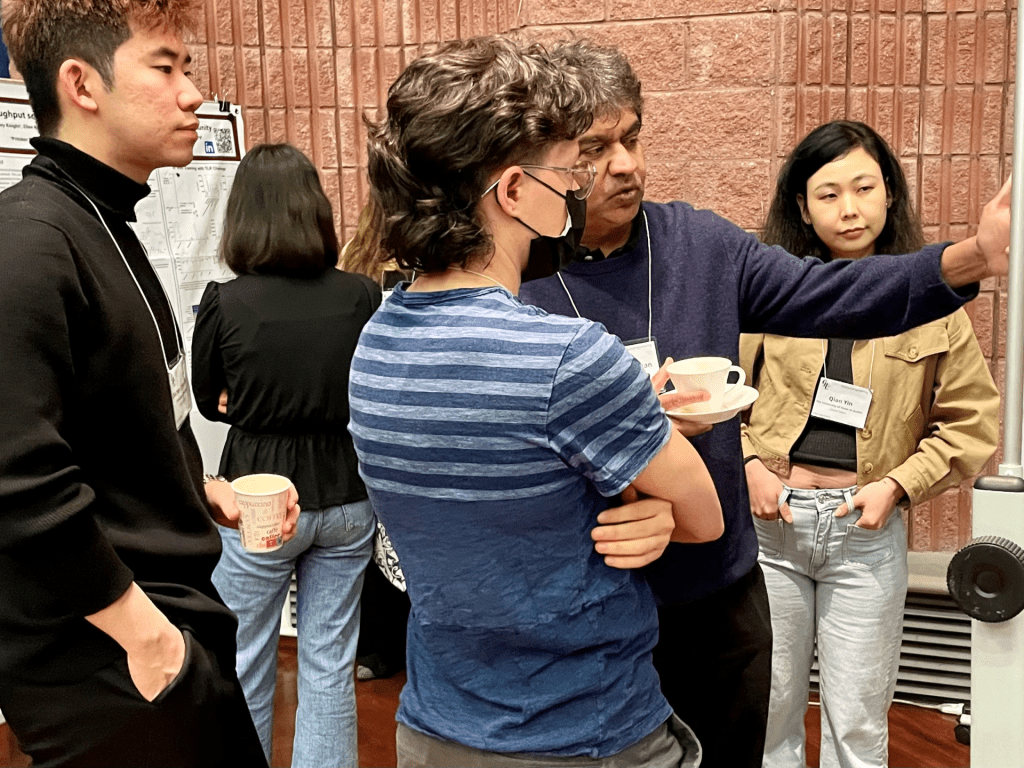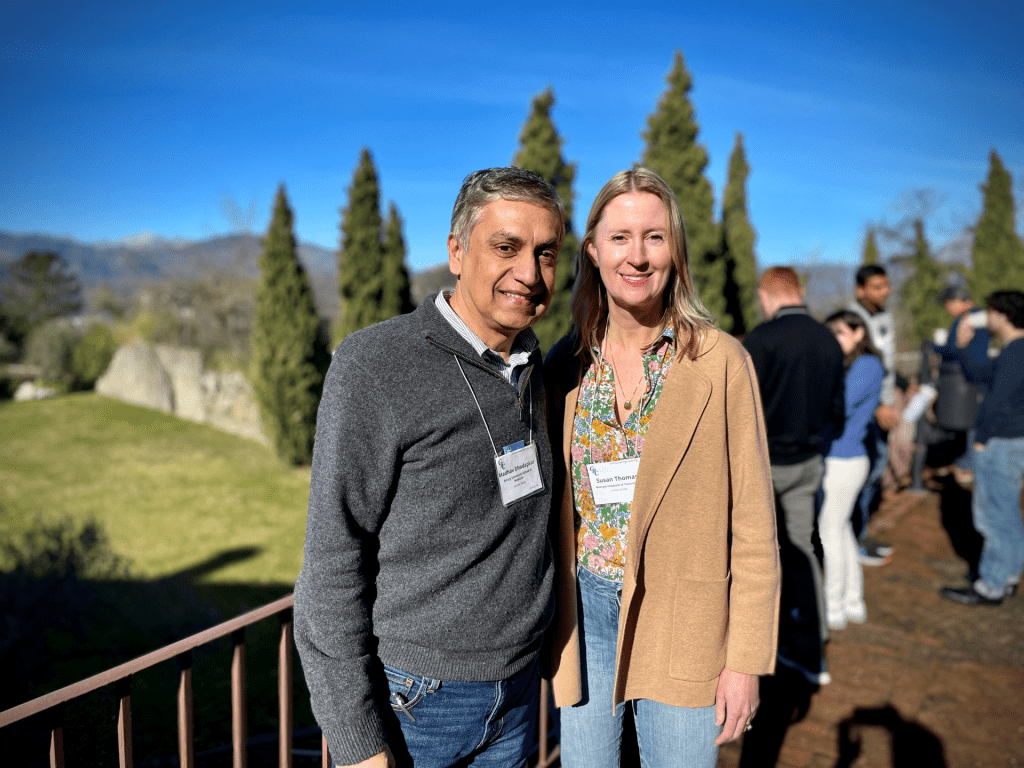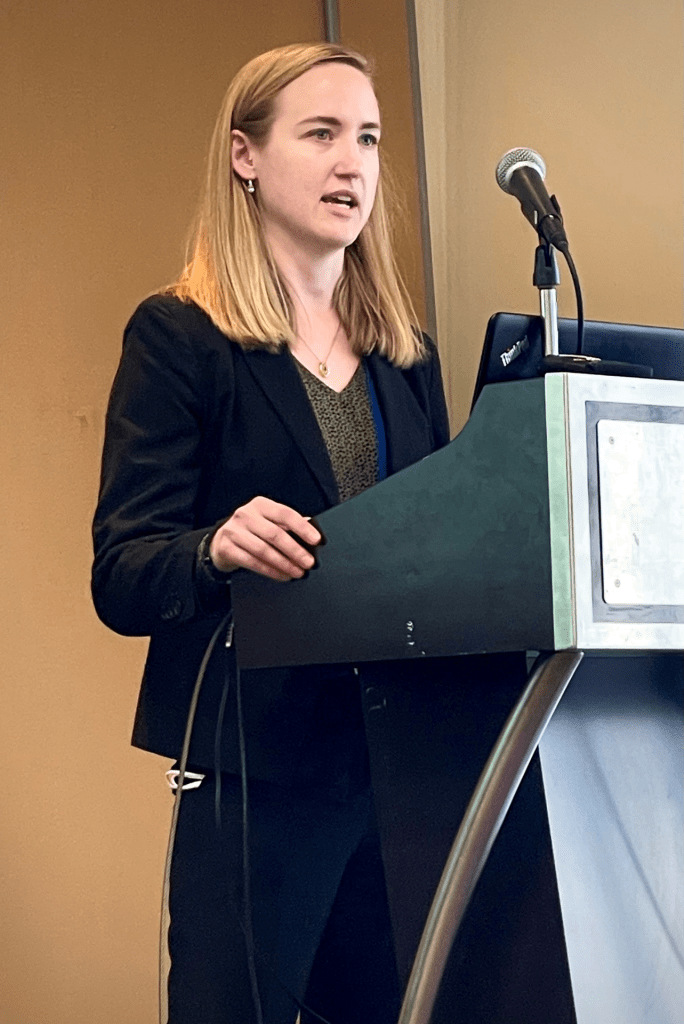
In the last decade, Immunoengineering has emerged as an energizing discipline where engineering improves the effectiveness and safety of immune-based therapies, and controls and modulates the immune system to benefit patients. The outcomes aim at better vaccines, more effective treatments for cancer, autoimmune diseases, and other immune-related disorders, alongside an enhanced understanding of the immune system. Susan N. Thomas and Madhav Dhodapkar led the 2024 Immunoengineering Gordon Research Conference (GRC) in Lucca, Italy, where these two Georgia Tech and Emory University researchers worked towards the goal of bringing the rapidly expanding Immunoengineering community together through rigorous discussions to showcase their high scientific caliber and foster networking and collaboration.

This was the second occasion of Immunoengineering GRC, with the inaugural event in 2022. The 2024 GRC united the diverse Immunoengineering community for an engaging exchange of ideas. This event brought together immunologists, clinicians, engineers, chemists, physicists, mathematicians, and systems biologists to facilitate interactive discussions over five days, in a venue overlooking the mesmerizing and inspiring landscape of Tuscany. The conference was specifically designed to advance both fundamental and translational science, inspire innovative concepts, and foster interdisciplinary collaborations. Sessions spotlighted recent molecular, cellular, and tissue-level Immunoengineering breakthroughs, as well as translational successes and insights drawn from the broader Immunoengineering landscape of aging, cancer, regenerative medicine, and infectious diseases. Immunoengineering pioneer Jeffrey Hubbell (University of Chicago), a world leader in developing immunotherapies, and Stanley Riddell (Fred Hutchinson Cancer Center), delivered the keynotes to kick off the meeting.
“The 2024 meeting was exceptional in all ways; its science, community building, professional development, and impact,” says Susan Thomas, the co-chair for 2024 GRC, and a recognized leader in Immunoengineering. “The meeting brought together investigators and trainees from around the world who recognize and utilize engineering tools and methods to conduct transformative immunology research that enables new, life-changing immunotherapies to be innovated. This is a flourishing interdisciplinary community and I look forward to participating in the meeting and seeing it mature and develop for years to come.”
This year, further marked the inaugural Immunoengineering Gordon Research Seminar (GRS) for Ph.D. students and postdocs, led by former Georgia Tech alumna Karen E. Martin, who received her Ph.D. at Georgia Tech and is now a postdoctoral fellow at Oslo University Hospital. The GRS was co-organized by Zoe Clapacs, a Biomedical Engineering Ph.D. student at Washington University in St. Louis.
The inaugural GRS took place two days prior to the start of the Immunoengineering GRC. The GRS format is designed to foster an international community among trainees in specific fields. The Immunoengineering GRS was attended by a large number of graduate students and postdocs from the US, Europe, and Asia, who had the opportunity to present their research and build collaborative relationships with their peers. The trainees also had the opportunity to network with and learn from leaders in the field. Nicole Steinmetz (University of California San Diego) inspired trainees with a keynote address on using plant virus particles to activate the immune system for cancer immunotherapy. Chris Jewell (University of Maryland), and Evan Scott (Northwestern University) headlined a mentorship panel where they discussed their experiences building successful academic labs and leading start-up companies.
“The first ever Immunoengineering GRS was a great success with interesting talks across the board and an incredibly engaged audience of trainees,” says Karen Martin, who plans to have her independent lab as a faculty in the future. “With my Ph.D. in regenerative medicine and now a postdoc in cancer immunotherapy, the Immunoengineering GRC feels like my home conference. It was great to be able to contribute to building the community in this field by successfully running the GRS!”

This conference received funding, in part, from 1R13AI181377-01 from the National Institute of Allergy and Infectious Diseases. The Wallace H. Coulter Department of Biomedical Engineering at Georgia Tech and Emory University, the School of Chemistry and Biochemistry at Georgia Tech, the Center for Immunoengineering in the Petit Institute for Bioengineering and Bioscience (IBB) at Georgia Tech, as well as the Winship Cancer Center at Emory University, provided partial support for the conference, along with other contributors.
Photos taken by Ankur Singh, Ph.D.
Media Contact:
Savannah Williamson
swilliamson40@gatech.edu
